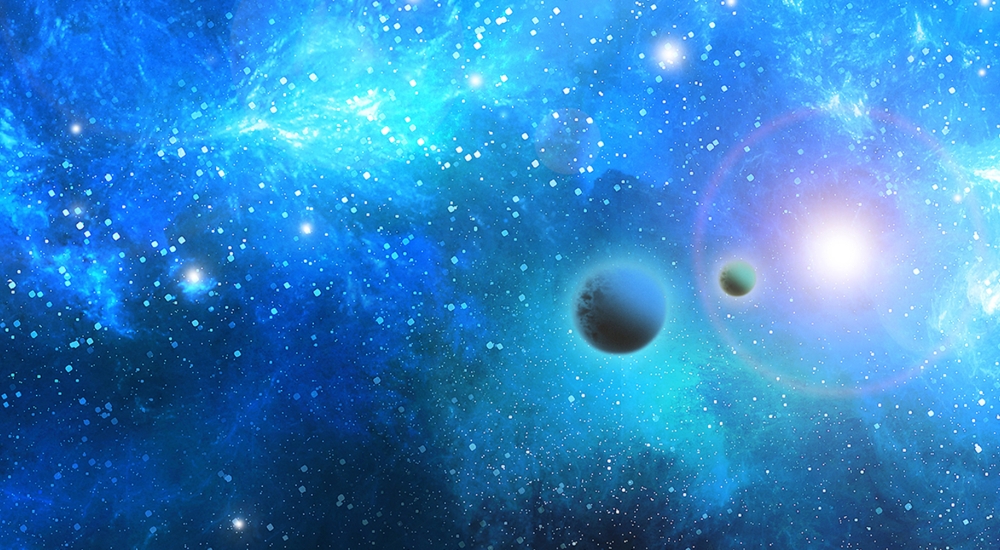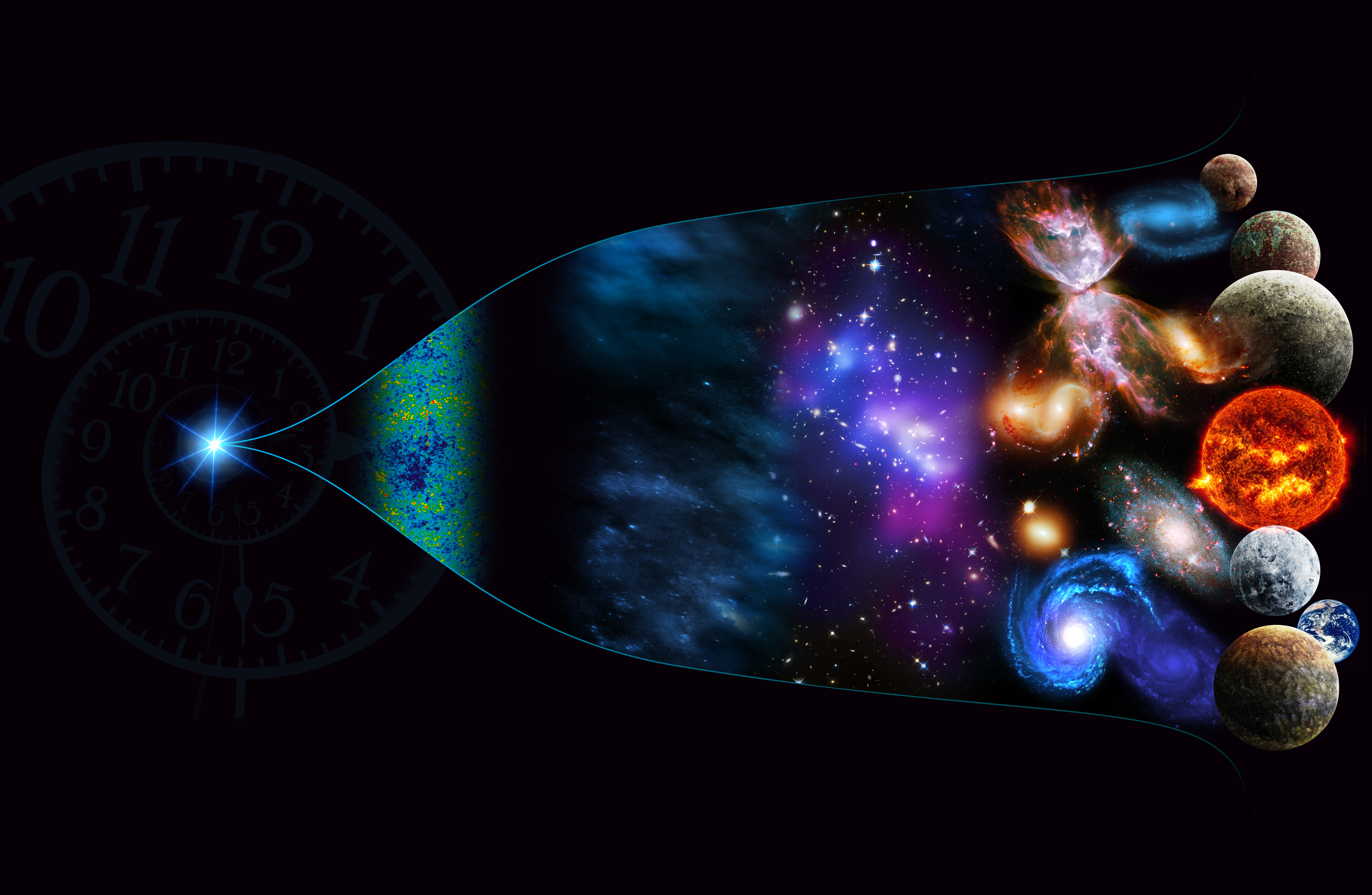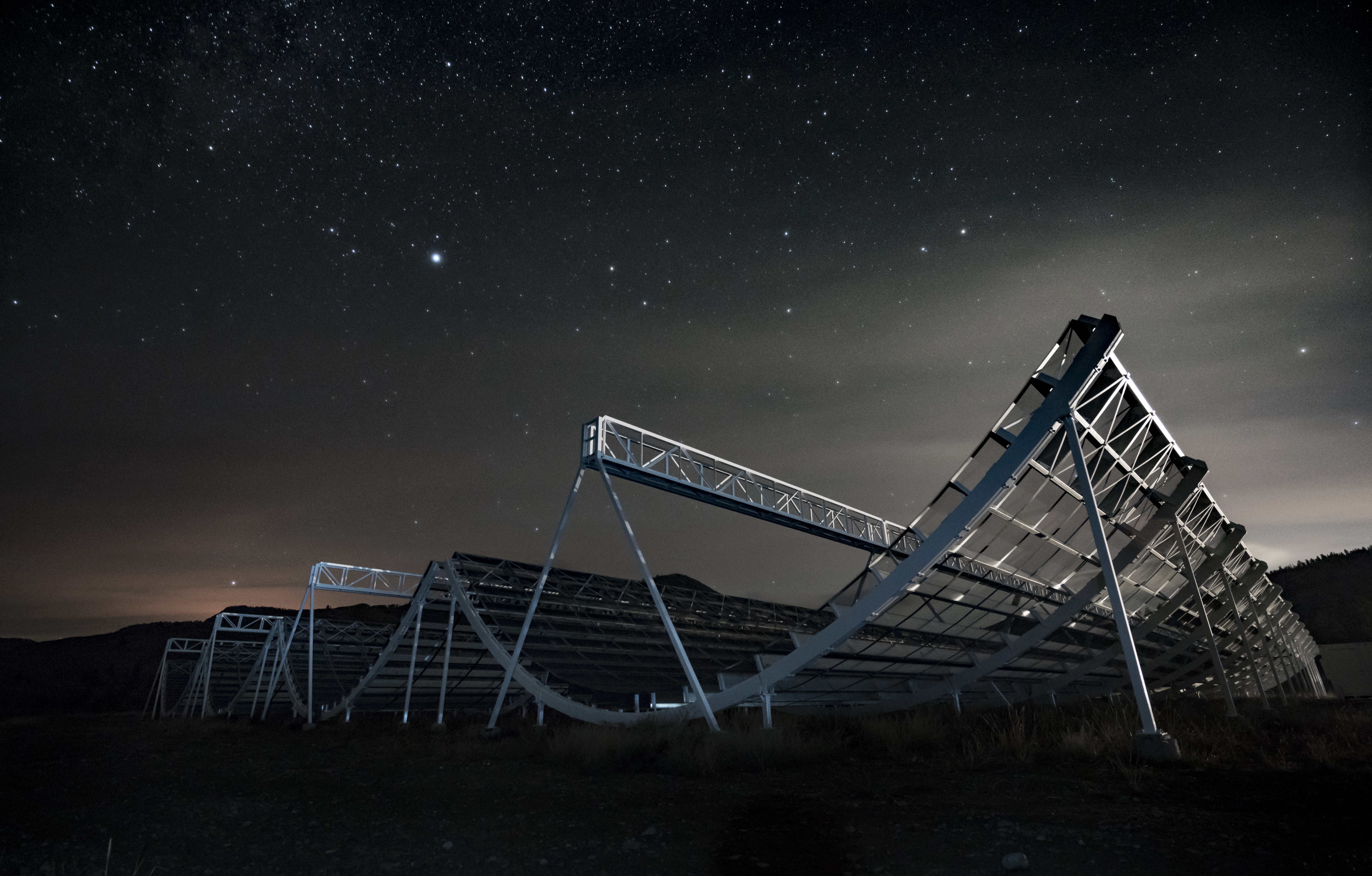Fundamental physics has entered its most exciting period in decades. Advanced experiments are revealing new phenomena and profound surprises. We believe that answers to some of the deepest questions in science are now within reach.
Researchers and partners
Centre Director: Scientific Patrons:
| Steering Committee: | Founding Partners: |
Researchers:
|
| Distinguished Visiting Research Chairs:
|
Recruiting the world's best
Founding partner institutes
Our founding partner institutes are: the Canadian Institute for Theoretical Astrophysics (CITA); the Dunlap Institute at the University of Toronto; Queen's University/SNOLAB; University of Guelph; the Centre for Astrophysics at the University of Waterloo; and York University.
These institutes are involved in some of the most important astronomical instruments of our time, including the Square Kilometre Array, the Large Synoptic Survey Telescope, the Event Horizon Telescope, and CHIME.
Ties to experiments
Perimeter scientists are connected to some of the most important experiments of our time, including:
- The Laser Interferometer Gravitational-Wave Observatory (LIGO)
- The Canadian Hydrogen Intensity Mapping Experiment (CHIME)
- SNOLAB
- The Event Horizon Telescope (EHT)
The Centre will deepen its involvement in these experiments, forging a unique combination of theoretical and experimental strengths.


